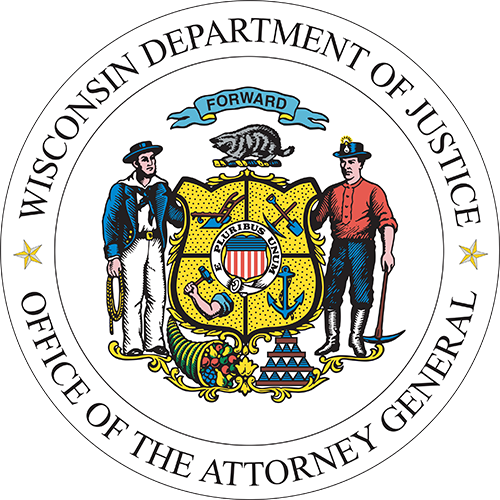Sexual Assault Response Teams - SART
A Sexual Assault Response Team, or SART, can minimize the potential for retraumatization to a survivor when engaging with the criminal justice system by initiating a collaborative response to provide support, information, options, and resources. This trauma-informed response not only benefits survivors but multidisciplinary partners as well. SARTs have identified several improvements to victims’ participation[1] in the criminal justice system, including:
- Victims more likely to receive referrals to advocacy services
- Victims more likely to receive referrals to medical services
- Improvements in support for victims in the criminal justice system process
- Increase in the number of assaults reported to law enforcement
- Victims more engaged with the investigation
- Victims more engaged with prosecutors during court prep
[1] Sexual Assault Response Team (SART) Functioning and Effectiveness https://www.nsvrc.org/sites/default/files/2015-05/publication_researchbrief_sexual-assault-response-team-functioning-effectiveness.pdf
Best Practice Recommendations for Sexual Assault Response Teams
The Wisconsin Department of Justice Office of Crime Victim Services and the Attorney General’s Sexual Assault Response Team (SART) have released a compilation of best practice recommendations for SARTs. With excellent collaboration from multidisciplinary subject matter experts around the state, and consideration of existing national resources, the best practice recommendations provide a roadmap to ensure a consistent victim-centered, offender-focused response to sexual assault resulting in a safer Wisconsin for all.
A SART can minimize the potential for re-traumatization to a survivor when engaging with the criminal justice system by initiating a victim-centered, collaborative response to provide advocacy, support, information, options, and resources. Victim-centered SARTs maintain continuous training and discussion on cultural diversity and how discrimination impacts the lives of victims and creates unique barriers to reporting and prosecuting sexual assault crimes. The new compilation of best practice recommendations provides guidance on how teams can prioritize the safety, privacy, self-determination, and wellbeing of every victim. It also recognizes that there may be a difference between obtaining a criminal conviction and what the victim defines as having achieved justice.
The compilation of best practice recommendations for Sexual Assault Response Teams was funded by a grant awarded by the Office on Violence Against Women, U.S. Department of Justice.
Cultural Considerations (also linked on Page 12 of the Best Practice Recommendations for SARTs)
- Considerations for Responding to Survivors in the Black Community
- Considerations for Responding to Survivors in the Deaf or Hard of Hearing Community
- Considerations for Responding to Elderly Survivors
- Considerations for Responding to Survivors in the Hmong Community
- Considerations for Responding to Immigrant and Refugee Survivors
- Considerations for Responding to Survivors in the Latinx & Hispanic Community
- Considerations for Responding to Survivors in the LGBTQI+ Community
- Considerations for Responding to Survivors in the Muslim Community
- Considerations for Responding to Survivors in the Native American Community
- Considerations for Responding to Survivors with Disabilities
- Considerations for Responding to Survivors of Sex Trafficking
- Considerations for Working with Interpreters
For more information on building a foundation for and sustaining a SART, please review the resources below:
The Sexual Violence Justice Institute of the Minnesota Coalition Against Sexual Assault
https://www.mncasa.org/sexual-violence-justice-institute/sarts-tools-resources/
National Sexual Violence Resource Center https://www.nsvrc.org/sarts/toolkit
From the WI DOJ Office of Crime Victim Services and the Wisconsin Coalition Against Sexual Assault
Initiating a Collaborative Response
https://www.youtube.com/watch?v=Dl-cBUJebAY
SART Foundations
Communication Agreements
SART Role Clarification
SART Mission & Vision Development
For more information or support for your SART, please contact Keeley Crowley at crowleykj@doj.state.wi.us
